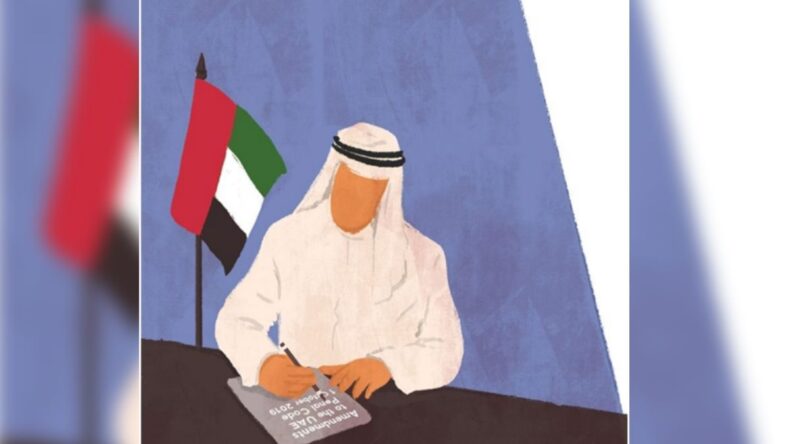The Ajman court sentenced the death penalty plus 1,09,000 dirhams as blood money for murdering the Emirate. The police officers did a commendable job capturing three accused from the runway of an aircraft trying to run away to escape punishment.
The Ajman court orders death penalty for five Asians for homicide
The court ordered the death penalty for murdering a business and robbing off money from his apartment. The perpetrators of the crime hatched a secret plan to murder the businessman after knowing that the latter kept his money in the apartment.
All of the 5 accused murdered the businessman to purloin AED 1,09,000.
What does the UAE criminal law say about murder?
The UAE considers murder a felony and gives life imprisonment for the crime. Article 332 of the UAE penal code provides power to the judicial authority to pronounce such a judgement. The federal Law further states a detailed investigation of the person’s intention should justify the punishment meted out to the accused.
However, suppose a crime is coupled with another crime to realise the motive. In that case, the UAE judicial authority can convert a sentence of life imprisonment into the death penalty. In this case, the five accused entered the premises of the deceased intending to rob money. The element of common intention to commit a crime was already present before they murdered the victim.
The judicial authority should pronounce the judgement after considering Sharia law. This Law states that the opinion of the relatives also matters while pronouncing an accused guilty. The Islamic religion reserves the special right of the victim’s family before finally passing a judgement in murder cases.
There are three ways to exercise the right. The relatives request the judge to give the death penalty to the accused, and the second is to ask the judge to order the accused to pay the blood money to the victim’s family.
In such a case, the judge may pronounce a lesser punishment to the accused. The third is to exonerate the person from all the charges framed against him. In such circumstances, the judge may pronounce a sentence.
Judgement in Ajman murder case:
In this case, yesterday, the Ajman criminal court has asked the five accused to pay blood money of AED 1,09,000. The accused charged of murder, in this case, are Q.M 39 years, M.T 25, A.M 21, T.S 27, J.S 26. The accused J.S was not present in the court when the court pronounced the death sentence.
The lawyer Awathif Muhammad, representing the victim’s family, opined that they could have fled with the misappropriated money. Instead, the five accused waited for the deceased to return home, where they were hiding, ready to realise the plan.
Once they were sure that the dead businessman was home, they held his arms forcefully. One among them tied a cable around his neck while another accused stabbed him multiple times, intending to kill him. Furthermore, they wrapped his body and kept it inside the fridge.
The lawyer prayed to the judge to order the defendants to pay relatives of the deceased – a wife, children and parents AED 2,00,000, which could also cover the lawyer’s fee.
The businessman’s friend filed a complaint:
The Ajman police started investigating the case when they received a complaint from an Asian man. He told the police that he tried calling his mobile but didn’t get any response from him.
When the police reached the victim’s house, they searched it and saw his body wrapped inside a fridge.
The police started investigating the crime and babbled the criminals immediately. The evidence got from the surveillance camera corroborated that the crime was a pre-planned cold-blooded murder.
The perpetrators of the crime lived in the same apartment. When the victims entered the building, two of the accused followed him into the building. After committing the crime, three accused went to their apartment while two went to the top of the building.
The police did a commendable job capturing three of the accused when they were on board a flight. The accused were about to flee from the Emirate after committing the crime. During the public prosecution’s investigation, the third accused confessed that the third accused was an accomplice. Furthermore, his sole intention was to help the other four defendants.













